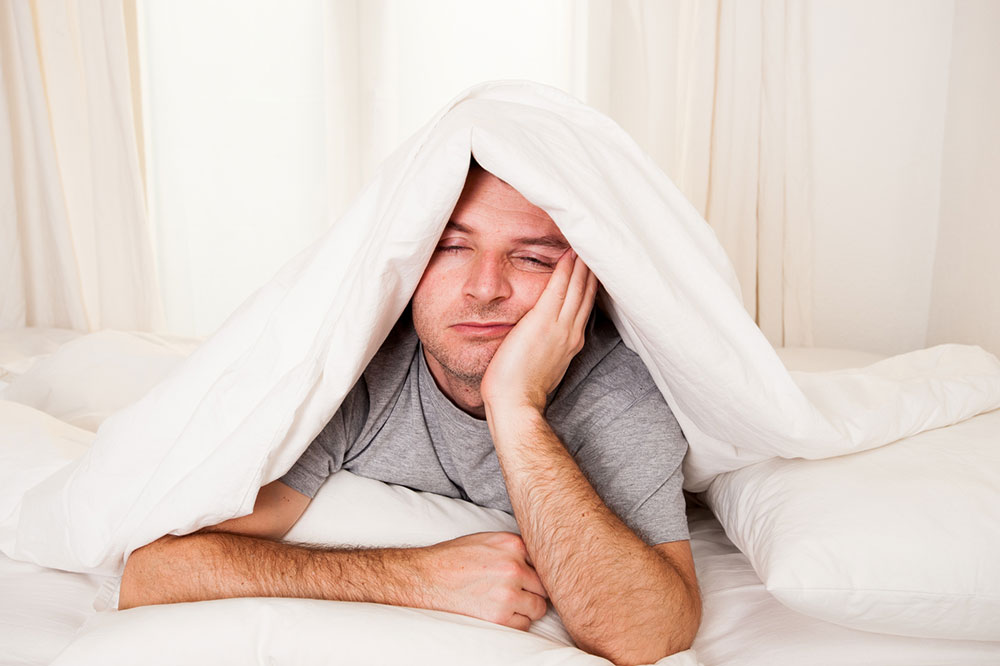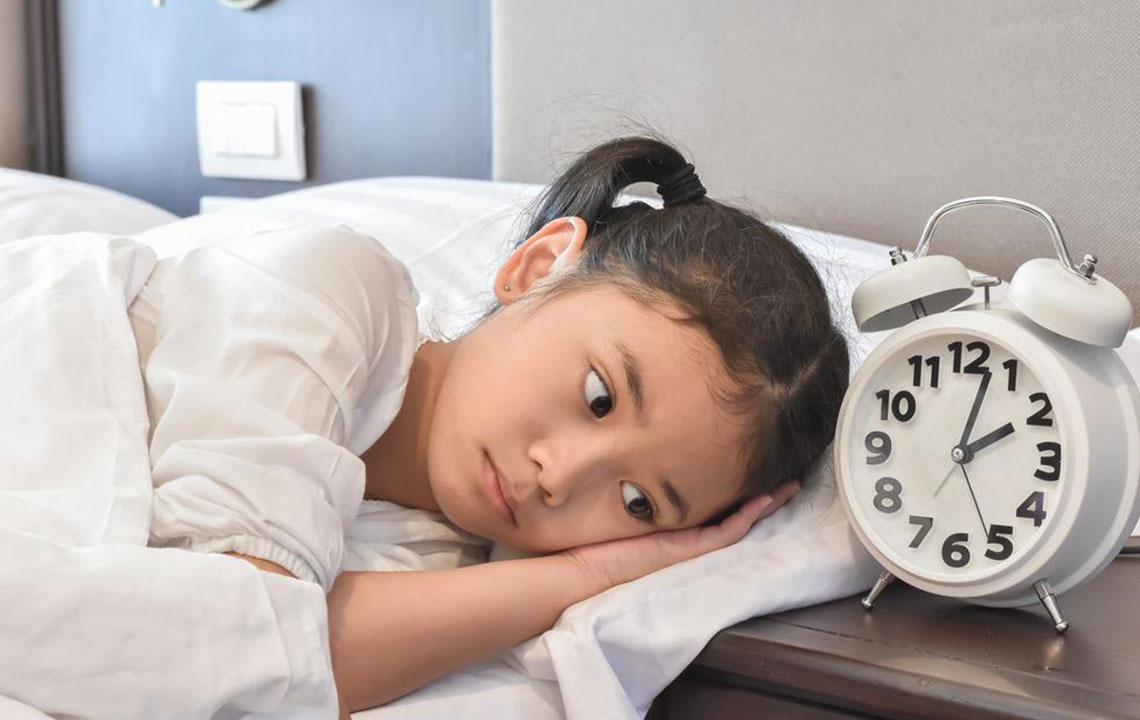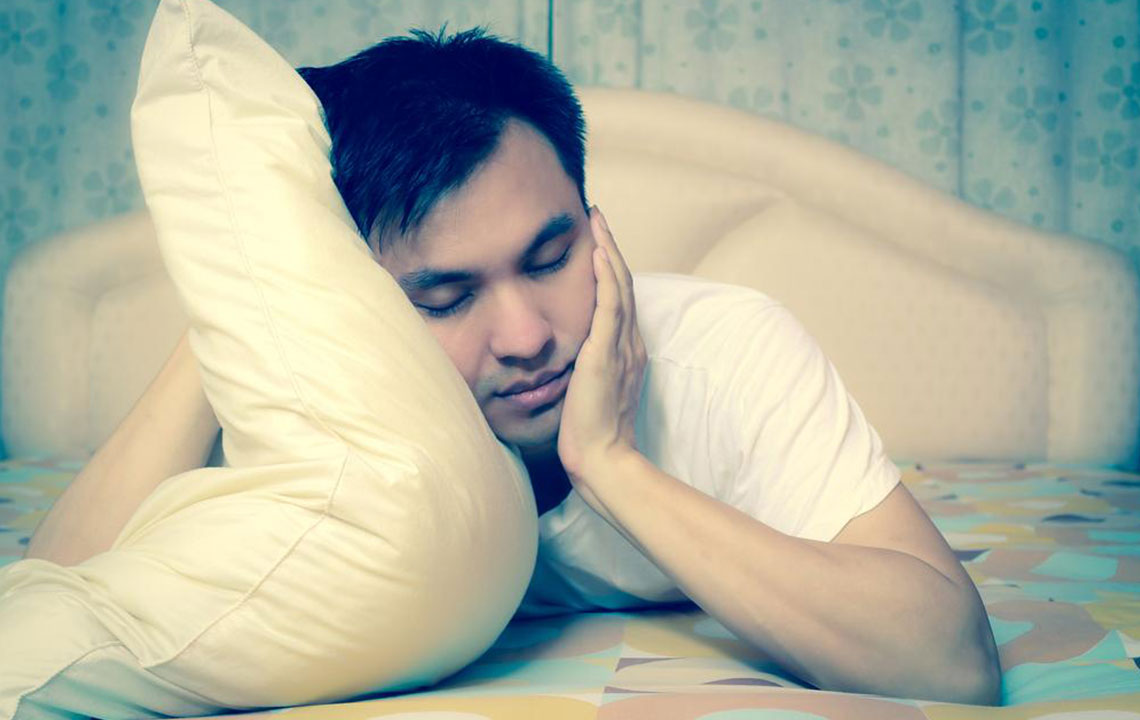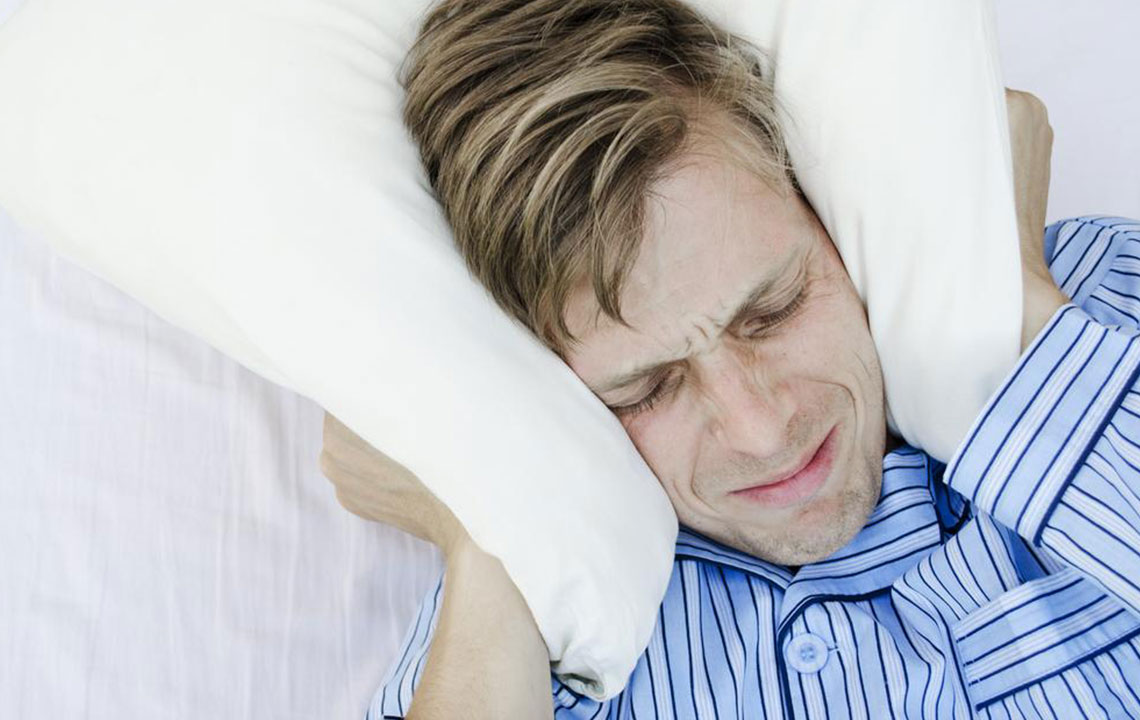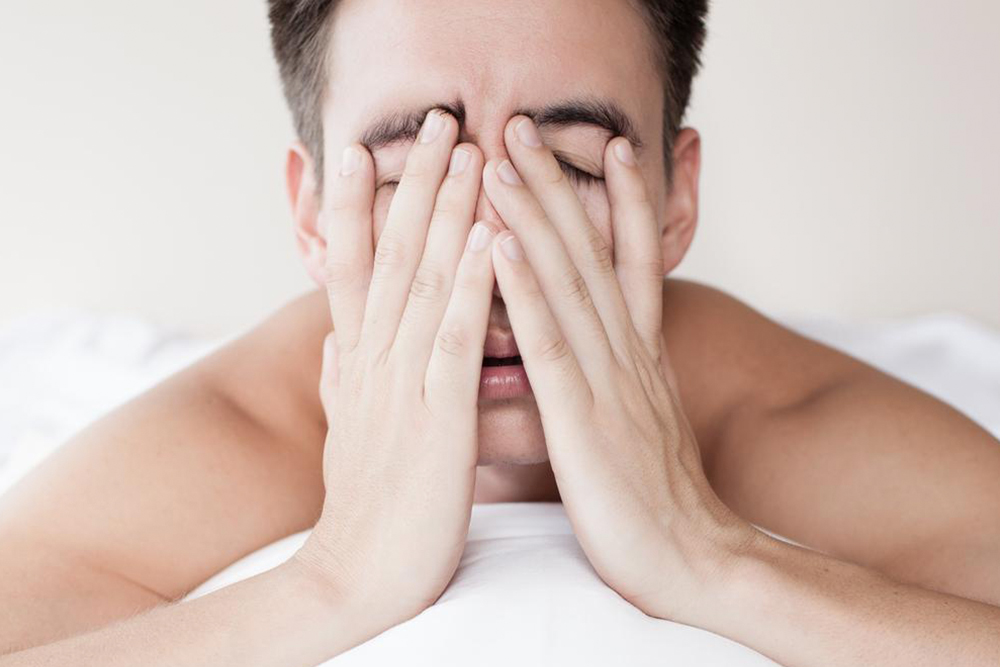Comprehensive Guide to Snoring: Causes, Symptoms, and Proven Solutions
This comprehensive guide explores the causes, symptoms, and solutions for snoring. It emphasizes the importance of early detection and professional advice, offering practical remedies like specialized pillows, oral devices, and medical treatments. Recognizing the signs of sleep disorders can improve sleep quality and overall health. Leading medical centers are also highlighted for those needing advanced care. Whether occasional or chronic, addressing snoring is vital for health and well-being, making this article essential for anyone seeking effective management strategies.
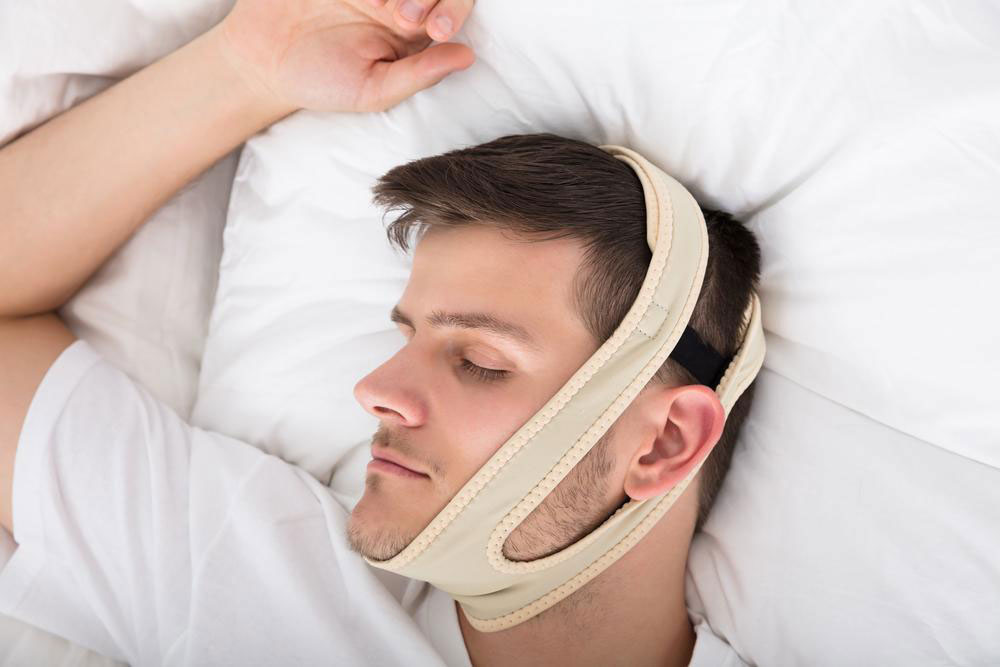
Comprehensive Guide to Snoring: Causes, Symptoms, and Proven Solutions
Snoring is a common phenomenon experienced by many individuals during sleep, characterized by the loud, vibrating sounds produced when air flows past relaxed tissues in the throat. While occasional snoring might be benign and often overlooked, persistent or loud snoring can be an indicator of underlying health issues such as sleep disorders, which require proper diagnosis and management. Understanding the root causes, recognizing the signs, and exploring effective remedies can significantly enhance sleep quality and overall health.
What Causes Snoring?
Snoring occurs primarily when the airway passages become narrowed or obstructed during sleep. The vibrations that produce the characteristic sound are caused by airflow interacting with the soft tissues of the palate, throat, and tongue. Various factors can contribute to airway constriction, such as anatomical differences, muscle tone, or lifestyle habits. Chronic snoring may be symptomatic of more serious conditions like sleep apnea, which can have serious health implications if left untreated.
Symptoms and Warning Signs of Snoring
Detecting the signs of snoring early can prevent complications and improve sleep health. While occasional snoring might not be alarming, persistent symptoms should prompt further medical evaluation. Common symptoms associated with problematic snoring include:
Waking up with headaches, often due to reduced oxygen levels during sleep
Feeling excessively drowsy or sleepy during daytime hours
Gasping, choking, or shortness of breath during sleep episodes
Chest discomfort or a feeling of tightness while sleeping
Frequent awakenings during the night, leading to fragmented sleep
In some cases, loud snoring is linked to sleep apnea, a serious sleep disorder requiring medical intervention. Recognizing these signs early allows for timely treatment, which can improve quality of life and reduce health risks.
Effective Remedies and Management Strategies
If snoring is affecting sleep quality or causing health concerns, consulting healthcare professionals is crucial. There are several practical remedies and devices that can help reduce or eliminate snoring, including lifestyle modifications and specialized equipment:
Anti-snoring sprays: These topical solutions help decrease airway obstruction and reduce vibration. Popular choices include Dr. Snore, Snore Zip, and Rhynil. They work by soothing tissues and improving airflow.
Anti-snoring pillows: Specially designed pillows support proper sleeping positions, such as side sleeping, which can significantly reduce airway blockage and snoring severity.
Positive airway pressure devices: Continuous positive airway pressure (CPAP) machines are commonly used in cases of sleep apnea, maintaining open airways during sleep and preventing snoring.
Chin straps: These straps support the jaw position, preventing it from falling backward and narrowing the airway.
Oral mouthpieces: Custom-fitted devices that adjust the positioning of the jaw and tongue to keep the airway open.
Nasal dilators: External or internal devices inserted into the nostrils to enhance nasal airflow and ease breathing through the nose, reducing nasal snoring.
Understanding which remedy works best depends on individual anatomy and the severity of snoring. Consulting an ENT specialist or sleep medicine expert is advised for personalized treatment plans.
Leading Medical Centers for Sleep Disorder Treatment
If snoring persists despite home remedies, visiting specialized medical centers is crucial for diagnosis and treatment. Several reputable hospitals and clinics are renowned for their sleep disorder expertise:
Johns Hopkins Hospital in Baltimore
New York-Presbyterian Hospital in New York City
Ronald Reagan UCLA Medical Center in Los Angeles
University of Michigan Hospitals and Health Centers in Ann Arbor
Massachusetts General Hospital in Boston
Cleveland Clinic
Mayo Clinic in Rochester, Minnesota
Timely medical evaluation can identify underlying issues like sleep apnea and guide appropriate treatment strategies, which may include lifestyle modifications, medical devices, or surgical options.

